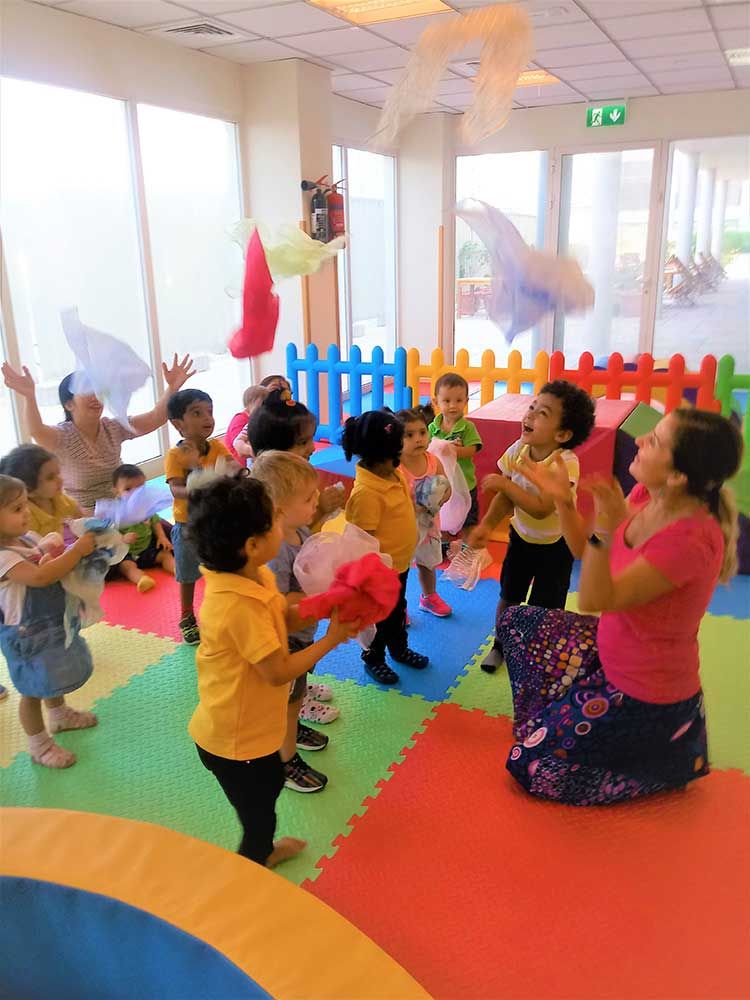Play-based learning is vital to early childhood education as it encourages children to learn through exploration and imagination. Play is an instinct of children, and when they engage in play-based learning, they become active participants in their learning. Through play in nurseries in JLT Dubai, children develop cognitive, physical, and social-emotional skills that help them succeed in school and life.
Cognitive development:
Children engage in play-based learning activities that challenge their thinking and problem-solving abilities. They develop cognitive skills such as memory, attention, and critical thinking as they play. For example, children learn how to plan, problem-solve, and create structures when they play with blocks. These skills transfer to their academic life, allowing them to excel in math and science. Play-based learning also improves children’s language development by teaching new vocabulary, grammar, and sentence structure through play.
Physical development:
Play-based learning promotes physical development as children engage in activities that require them to move their bodies. Children improve their gross and fine motor skills, hand-eye coordination, balance, and spatial awareness through play. When children play outdoors, they develop their physical abilities as they climb, run, and jump. Such physical activities boost their overall health and well-being, and they learn to appreciate the importance of a healthy lifestyle.
Social-emotional development:
Play-based learning fosters social-emotional development as children learn to interact with others and regulate their emotions. When children engage in imaginative play, they learn to take turns, share, and negotiate with others. They learn empathy, understanding, and respect for others’ feelings. These skills are critical in building healthy relationships in school and life. Play-based learning allows children to express emotions, build self-esteem and confidence, and develop a positive self-image.
Creativity and imagination:
Play-based learning encourages children to be creative and imaginative. When children engage in imaginative play, they develop their creativity and imagination and learn to think outside the box. They learn to express themselves in different ways, and they become more confident and self-assured. Such creativity helps children develop their problem-solving skills and become better equipped to handle challenges and find new solutions.
Play-based learning is essential in an early childhood education as it promotes cognitive, physical, social-emotional, and creative development. Through play, children learn to explore, create, and problem-solve, setting a strong foundation for academic and personal success. Educators and parents must encourage play-based learning as part of children’s daily routines, allowing them to learn and grow fun and engagingly.










More Stories
Incorporating Technology Into Your Hotel Fit Out
Choosing The Right Business Set-Up Consultants In The UAE
Thriving In The World Of Financial Risk: FRM Certification Training